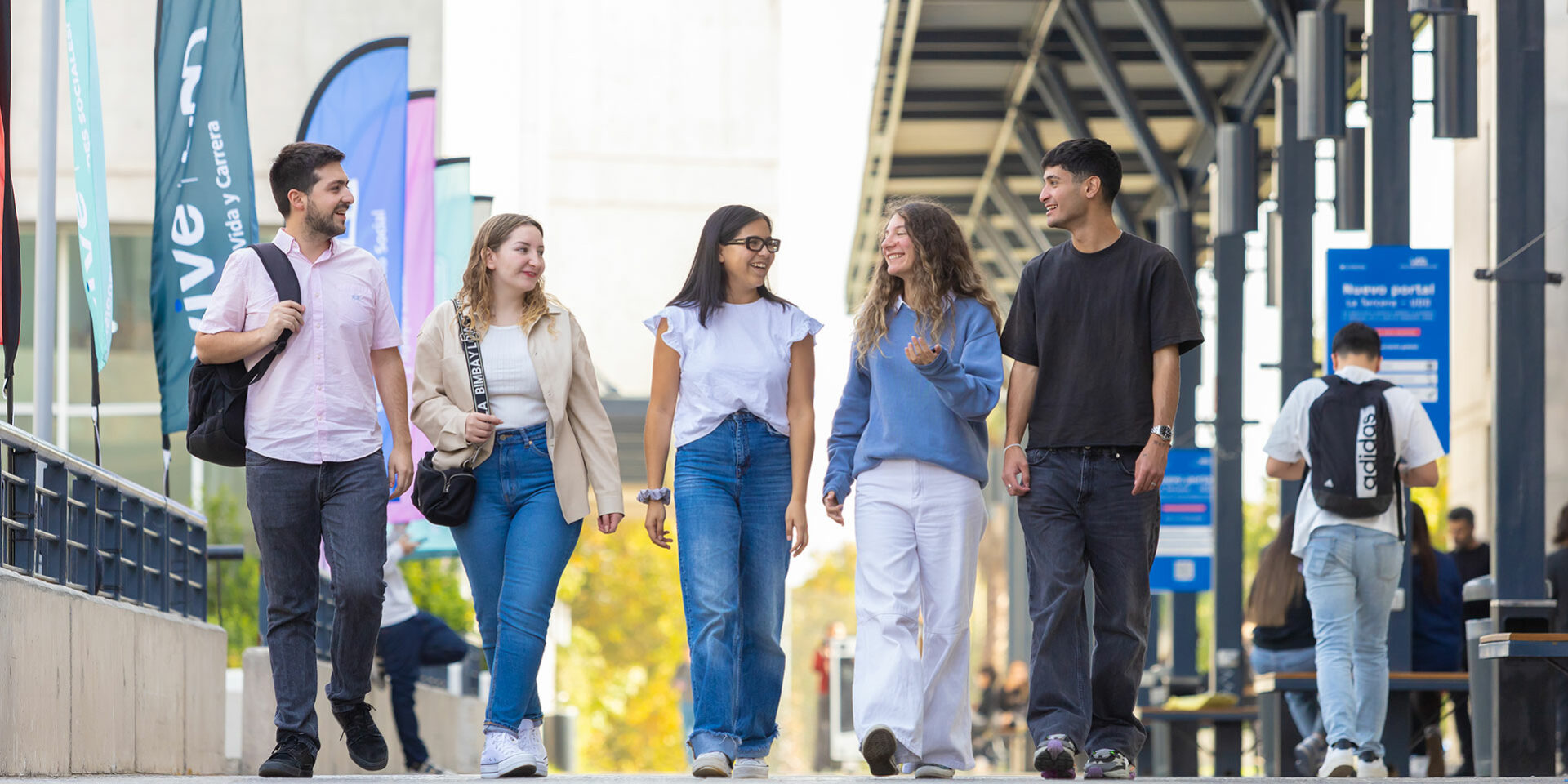Acute Cerebral Haemorrhage
The Universidad del Desarrollo (UDD) in collaboration with The George Institute (TGI) are studying physiological control strategies for blood pressure reduction.
The principle research questions to be addressed is to compare with routine standard of care, whether a goal-directed care bundle of active management involving early physiological control (intensive blood pressure [BP] lowering, glycaemic control, and early treatment of pyrexia) and reversal of anticoagulation, improves functional recovery for patients suffering an acute stroke due to spontaneous intracerebral haemorrhage (ICH).

Given the complex and serious nature of ICH, reliable evidence is required to guide health care delivery and policy. However, audits of hospital administrative data on stroke indicate poor adherence to many Level I recommendations, especially in LMICs. INTERACT2 trial, a previous initiative where UDD was also involved as Regional Coordinating Center for South America, was a landmark study which resolved much of the uncertainty over the management of elevated BP in ICH and, for the first time, provided support for an effective medical strategy. The factors that impede the efficient transfer of well-substantiated clinical research, such as from INTERACT2, into clinical practice are complex. Currently, INTERACT3 research aims to evaluate the effectiveness of implementing a goal-directed, quality enhancement, care program of active management involving guideline recommended early on physiological control (intensive BP lowering, glycaemic control, and treatment of pyrexia) and reversal of anticoagulation, against usual care in patients with acute ICH at hospitals.
The management arrangements for this international and multicentre research are a Data Manager located in China responsible for data management under supervision of similar staff the offices of The George Institute (TGI) in Australia. A coordination office has been established in Chile, led by Dr. Paula Muñoz-Venturelli (Co-I), professor at Universidad del Desarrollo, responsible for coordinating the study conduction across 4 countries in South America (Chile, Peru, Brazil and Mexico). The national leaders from the other low and/or middle-income countries (Pakistan, Nigeria, Iraq) will provide in-country study coordinators. For the expansion to LMIC, the trial has been awarded funding from the DFID/MRC/NIHR/Wellcome Trust Joint Global Health Trials Scheme.
